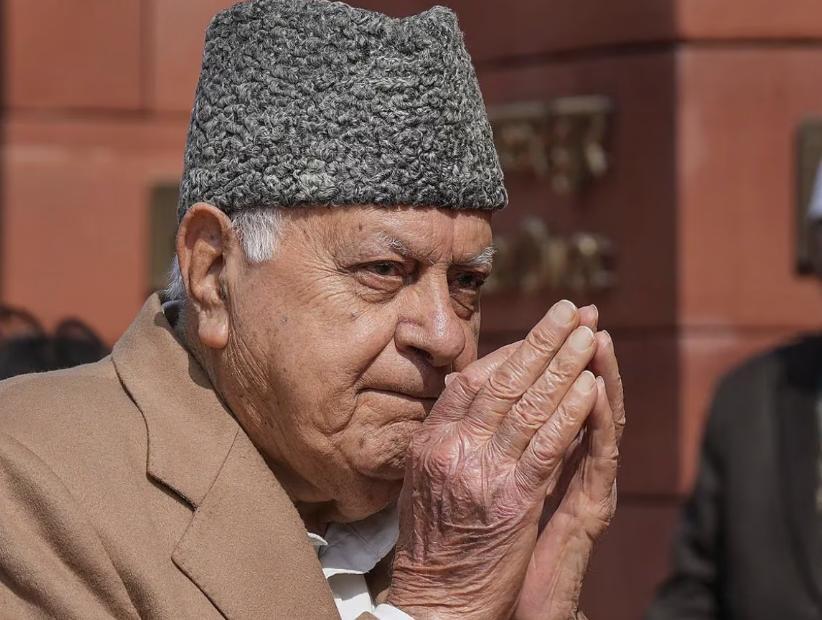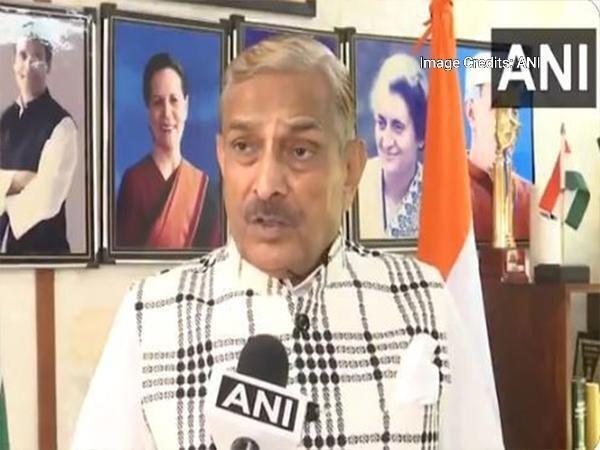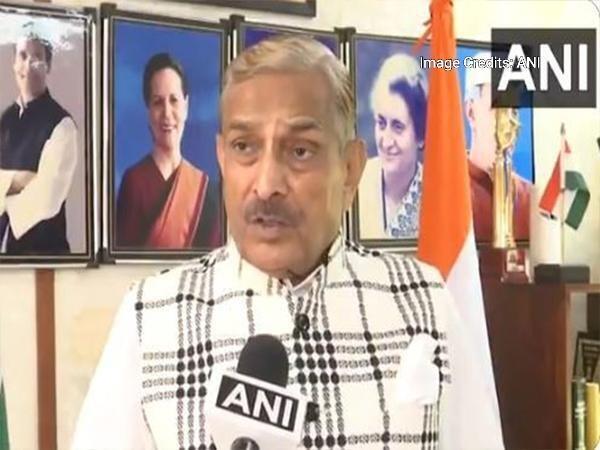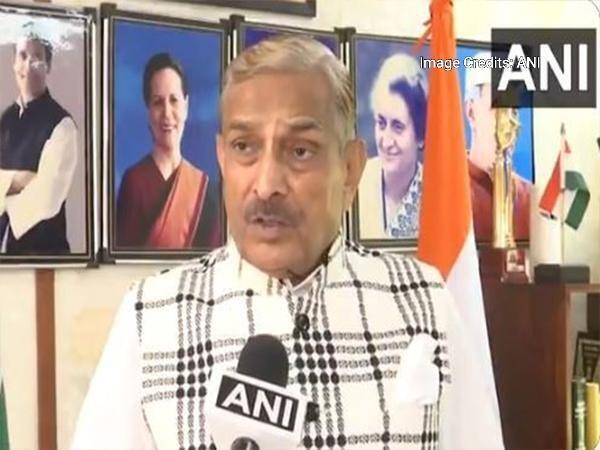
Ex-R&AW chief Dulat claims Farooq privately backed Article 370 abrogation, he denies
In a recent book titled ‘The Chief Minister and the Spy’, former R&AW chief A.S. Dulat has made a sensational claim that former Jammu and Kashmir Chief Minister Farooq Abdullah privately backed the abrogation of Article 370. The claim has sparked a controversy, with Abdullah vehemently denying it, calling it a “figment of imagination of the author who claims to be my friend”.
In the book, Dulat claims that Abdullah’s National Conference (NC) suggested that the abrogation of Article 370 would have helped in passing the bill in Parliament. Dulat, who served as the head of India’s external intelligence agency from 1977 to 1984, makes this claim in his memoir, which is a collection of his experiences and encounters with prominent politicians and leaders.
The book, which has generated significant interest and debate, is a candid account of Dulat’s interactions with various leaders, including Abdullah, whom he describes as a close friend. According to Dulat, Abdullah had expressed his concerns about the Article 370, which granted special status to Jammu and Kashmir, and had suggested that its abrogation could pave the way for a more inclusive and prosperous state.
Dulat’s claim has sparked a heated debate, with many questioning the motivations behind his revelation. Abdullah, who is currently a Member of Parliament and the president of the National Conference, has categorically denied the claim, stating that it is a figment of Dulat’s imagination.
“I have never spoken to anyone about abrogating Article 370,” Abdullah said in a statement. “It is a figment of imagination of the author who claims to be my friend. I have always stood by the special status of Jammu and Kashmir and will continue to do so.”
The controversy surrounding the book has also raised questions about the reliability of Dulat’s account. While Dulat is a well-respected figure in Indian intelligence circles, his claim has been met with skepticism by many who question his motivations and the credibility of his sources.
The abrogation of Article 370 was a highly contentious issue, with many arguing that it would lead to the erosion of Jammu and Kashmir’s autonomy and the marginalization of its people. The move was widely criticized by opposition parties, civil society groups, and many international leaders, who argued that it was a violation of the Constitution and a breach of international law.
The controversy surrounding Dulat’s claim has also raised questions about the role of intelligence agencies in shaping public policy. While intelligence agencies are often tasked with gathering information and providing advice to policymakers, their role in shaping policy decisions is often criticized as being too influential.
In recent years, there have been several instances where intelligence agencies have been accused of influencing policy decisions, often with controversial consequences. The controversy surrounding Dulat’s claim has added to the debate about the limits of intelligence agencies’ influence over public policy.
In conclusion, the controversy surrounding Dulat’s claim that Farooq Abdullah privately backed the abrogation of Article 370 has sparked a heated debate about the reliability of his account and the role of intelligence agencies in shaping public policy. While Dulat’s claim has sparked significant interest and debate, it remains to be seen whether it will have any significant impact on the ongoing political debate in Jammu and Kashmir.
Source: https://repository.inshorts.com/articles/en/PTI/5880e3bf-0a05-40d6-887a-465b5c760b3a






